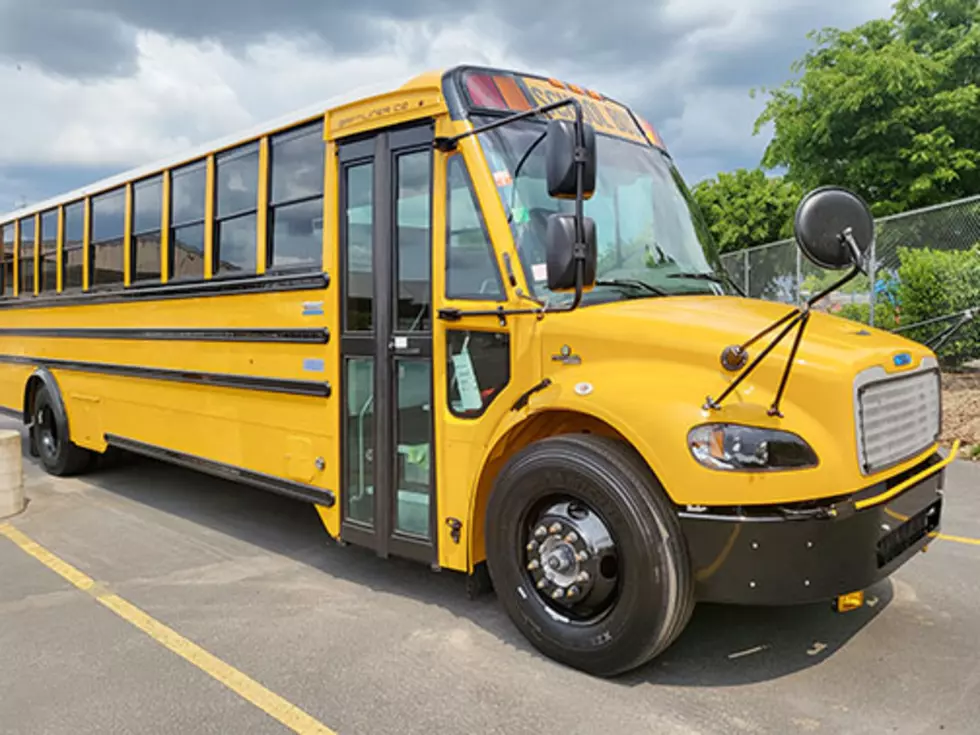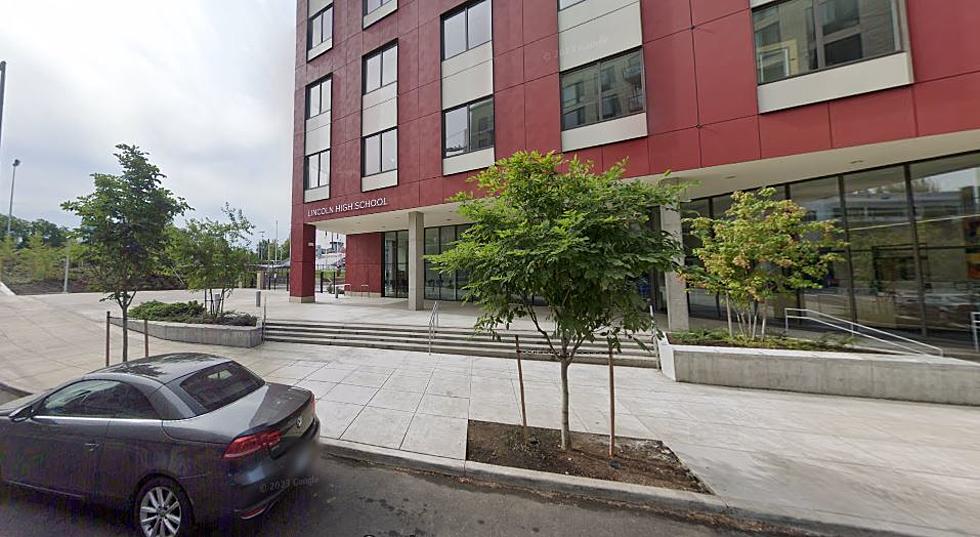
Tri-City Teachers Vote Whether to Stage One-Day Walkout
Thursday, teachers in Richland, Pasco and Kennewick are voting whether to stage a one-day walkout in protest of what they believe are key educational issues.
It's often been referred to as a strike, which Attorney General Bob Ferguson says the teachers and their union (The Washington Education Association-WEA) are not legally allowed to do, but in reality a one-day walkout doesn't meet that criteria. At least five West-side districts have already had walkouts.
It would, however, be disruptive to families and students, and would result in all extra-curricular activities for that being cancelled in respective districts, besides school being closed. And, students would have to make up the day, as they would a snow day.
Supporters say the walk-outs are in protest for teachers not receiving a cost-of-living increase in six years; lack of activity on Initiative 1351 to reduce class sizes, and many object to tying student aptitude test scores to teacher evaluations.
They also say while teachers have not received a cost of living increase in six years, legislators are proposing they receive a pay increase.
Opponents say the cost-of-living argument doesn't hold water, however, because it's only ONE type of pay increase. According to information reported by the Washington Policy Center, teachers commonly receive additional compensation from local school districts, AND regular annual pay raises are built into the state's compensation system.
So while it's true the COLA (cost of living) increases have not moved in six years, educators are still receiving annual pay raises.
As for Initiative 1351, which voters passed last fall, the legislature is facing trouble just funding the requirements of the McCleary state supreme court decision. The Court ruled a number of years ago the legislature had to spend "X" amount of dollars each year on school funding. Currently, it's floating around $3.8 billion, out of a total state budget of around $36-38 billion. That's a huge portion.
I-1351 was presented to voters as a measure to decrease class sizes, BUT no funding was appropriated for it. It became what is called an "unfunded liability." The WEA is not mentioning that, nor the fact that as of now, there's no specific funding source to pay for the estimated 25 thousand - plus educators required to be hired.
Also, I-1351, if funded as written, would cost the state another $4.7 billion dollars through 2019. It would also grant local school districts the power to raise local taxes statewide by a total of nearly $2.9 billion.
And finally, the WEA also has not mentioned I-1351 would bring in about $7.4 million dollars to the union annually, by way of new fees required to be paid by these newly hired educators.
Sources tell Newstalk 870 they believe the Mid-Columbia teachers will NOT vote to walk out, because our districts are in much better shape than many on the West side.
Many studies have shown there's little direct correlation between student test scores and class sizes. It will be interesting to see how the vote goes.
More From 870 AM KFLD









